On November 4, 2024, the 2024 Qingdao University Latin American Forum Medical Sub-Forum was successfully held in Meeting Room A215 of the Haoyuan Medical Education Comprehensive Building. Attendees included Rodrigo Miguel Arim Ihlenfeld, President of the University of the Republic of Uruguay; Mairim de la Caridad Lago Queija, President of the University of Havana Medical School, Cuba; Magdemily Fallat Ramos, Vice President of the University of Havana Medical School, Cuba; Alicia Casariego Año, Director of the Institute of Pharmaceutical and Food Sciences at the University of Havana, Cuba; Niu Haitao, Vice President of Qingdao University; as well as leaders, faculty members, and researchers from Qingdao Medicalcollege. The forum was hosted by Ren He, the Dean of Qingdao Medicalcollege.
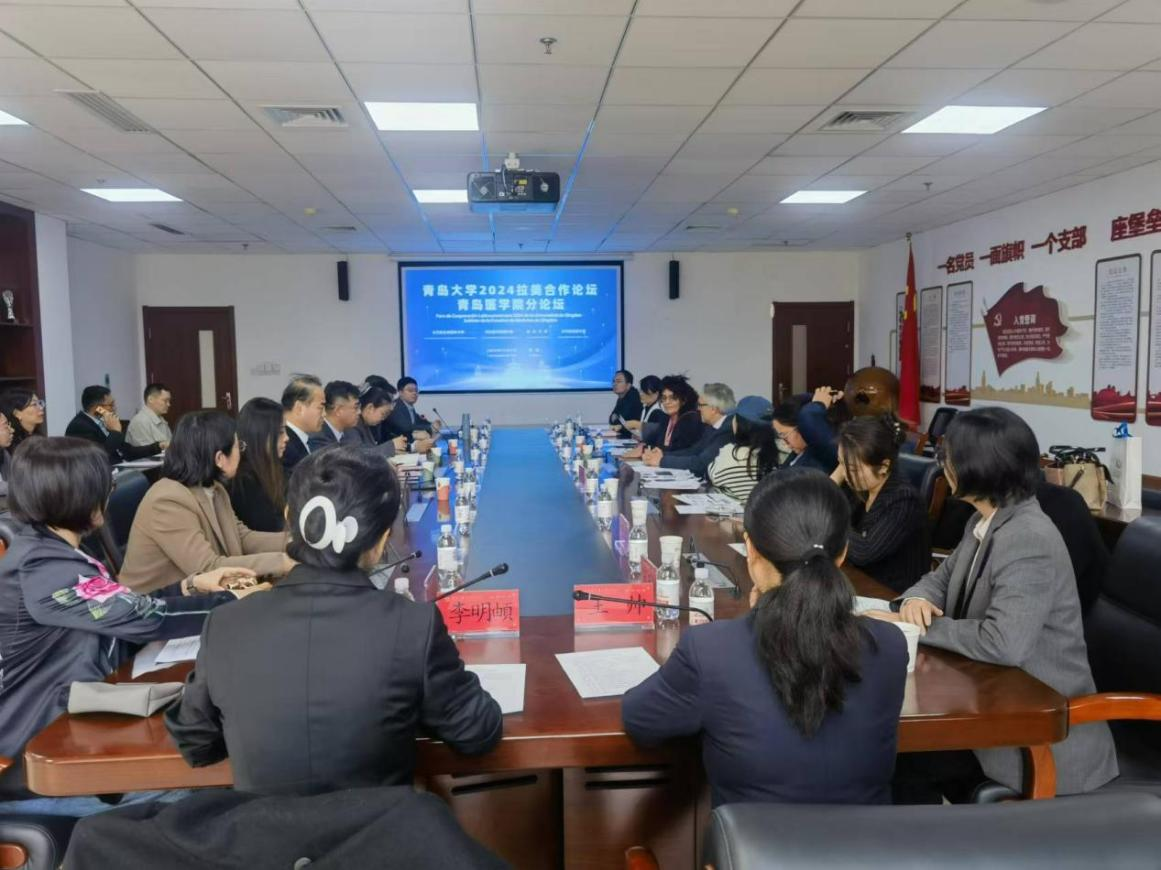
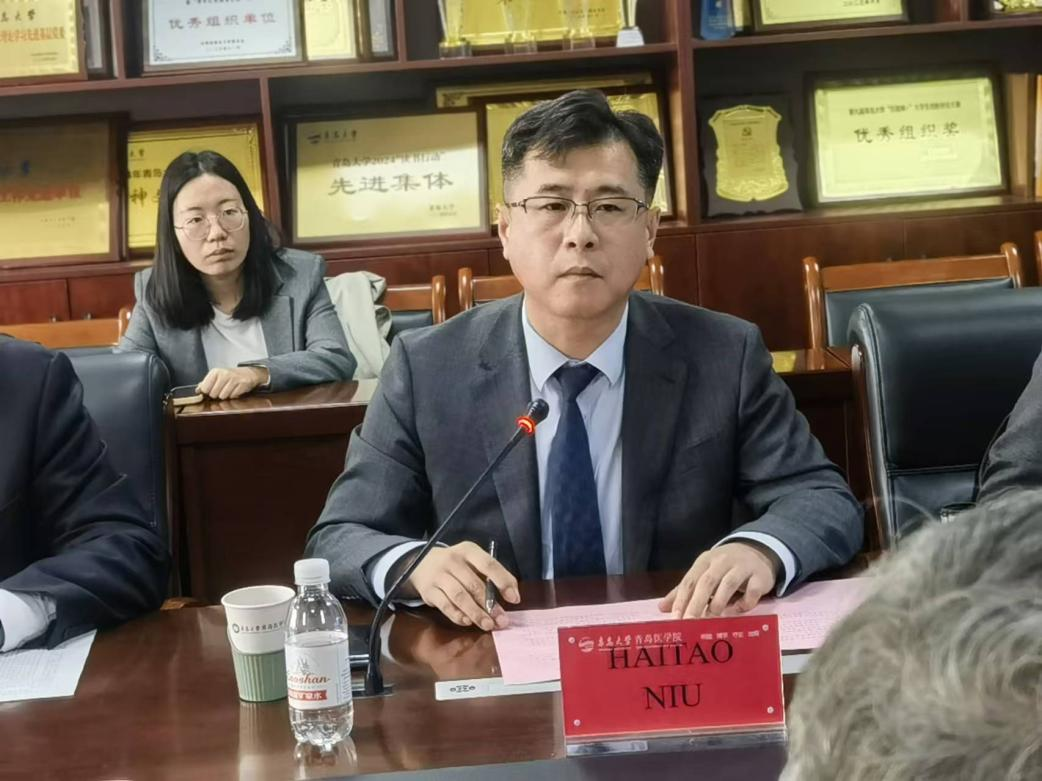
In his speech, Niu Haitao noted that this year marks the 10th anniversary of President Xi Jinping's proposal to build a China-Latin America community with a shared future. Thanks to the joint efforts of both sides, China-Latin America relations have entered a new era of equality, mutual benefit, innovation, openness, and people-centered development. Promoting exchanges and cooperation with Latin American universities is one of the key directions in our university's internationalization strategy. He stated that in the future, Chinese and Latin American universities should strengthen interdisciplinary collaboration in the field of medicine, construct a new ecosystem of "artificial intelligence + education," focus on improving the quality of cultivating top innovative talents, and cooperate in scientific research and academic exchanges. A stable personnel exchange mechanism should be established, with increased short-, medium-, and long-term student and faculty exchange programs. The mutual recognition of credits and the establishment of joint courses should be implemented. He also briefly introduced the basic situation of medical education at Qingdao University.
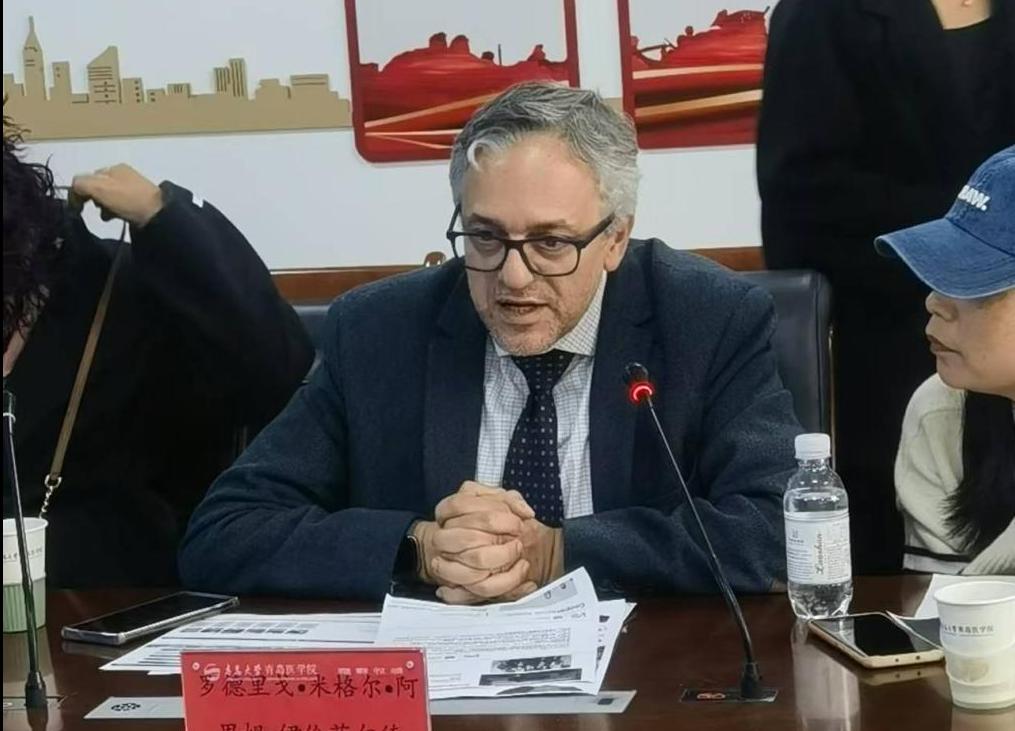
Rodrigo Miguel Arim, President of the University of the Republic of Uruguay, delivered a speech. He first reviewed the joint establishment of the Biopharmaceutical Nanotechnology Laboratory between the two universities and expressed heartfelt congratulations for the lab's successful selection as a key project under the Ministry of Science and Technology of China’s "Intergovernmental International Scientific and Technological Innovation Cooperation Program." He also congratulated the successful application of two research projects from the China-Uruguay Research Center under the Shandong Provincial Social Science Planning Research Program. He pointed out that these achievements fully demonstrate the strength and potential of the two universities' cooperation in scientific research. He highly praised the professionalism, innovative spirit, and teamwork of both universities' researchers, believing that their efforts have set an example for future cooperation. He emphasized that cooperation between the two universities should not be limited to the field of biopharmaceutical nanotechnology. Instead, both universities should leverage their respective advantages to further expand their areas of cooperation, particularly in exploring the application of artificial intelligence in healthcare, thus contributing to the development of medical services in both countries.
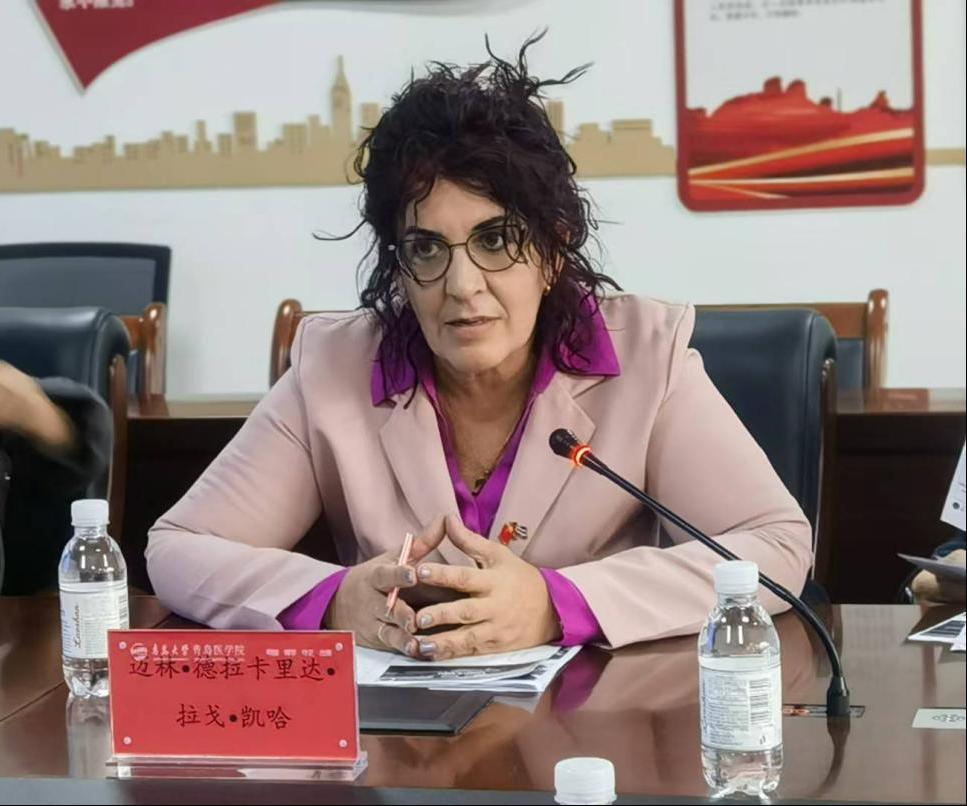
Mairim de la Caridad Lago Queija, President of the University of Havana Medical School, introduced the university.
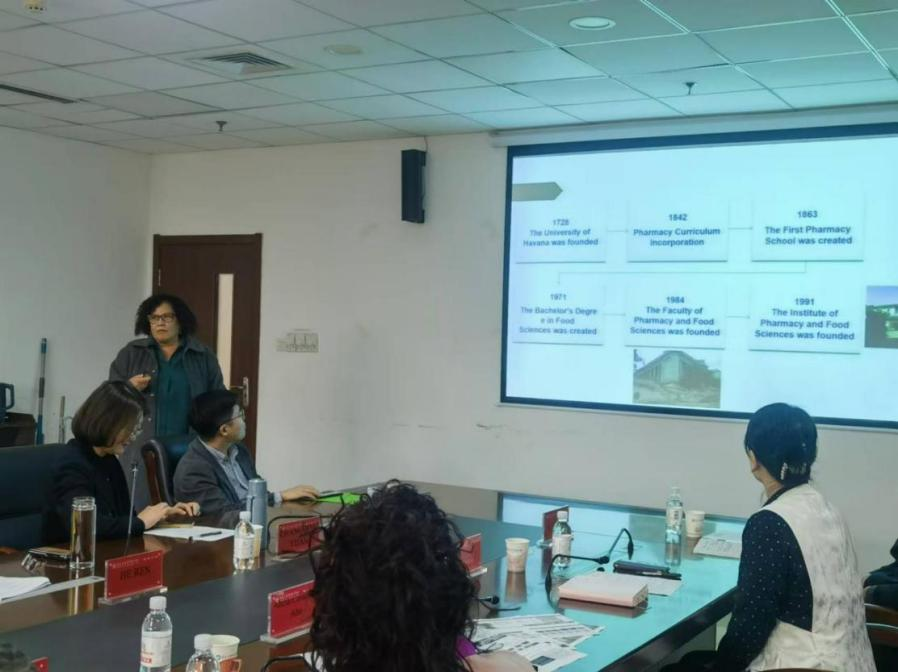
Alicia Casariego Año, Director of the Institute of Pharmaceutical and Food Sciences at the University of Havana, introduced the institute.
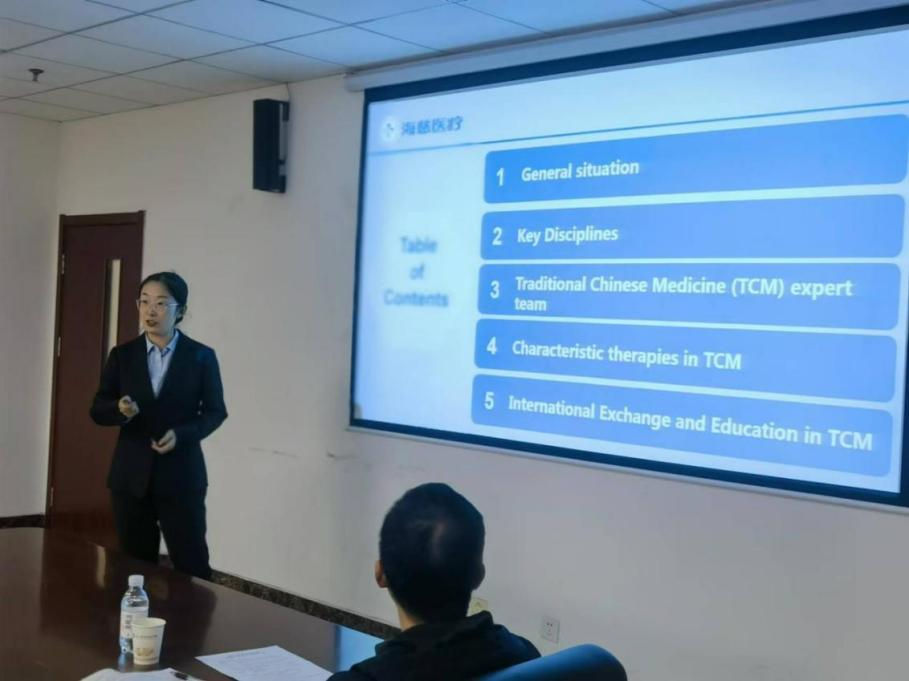
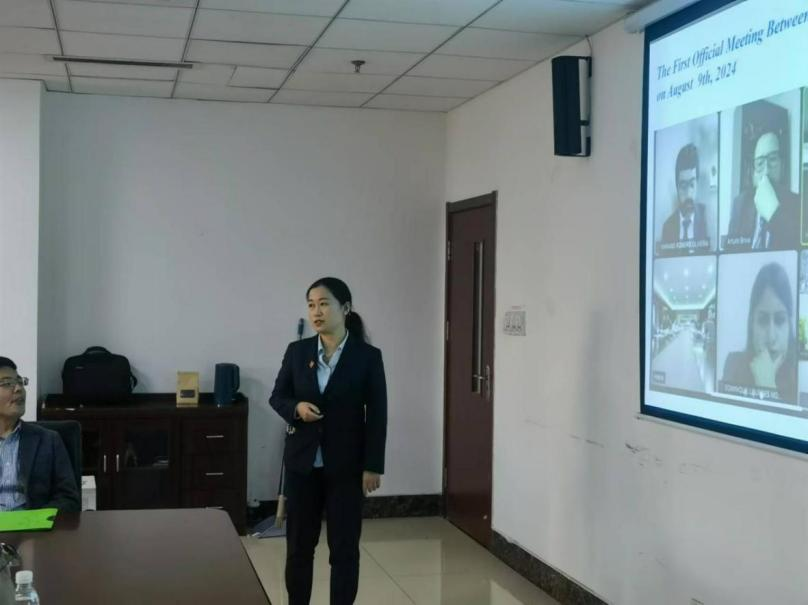
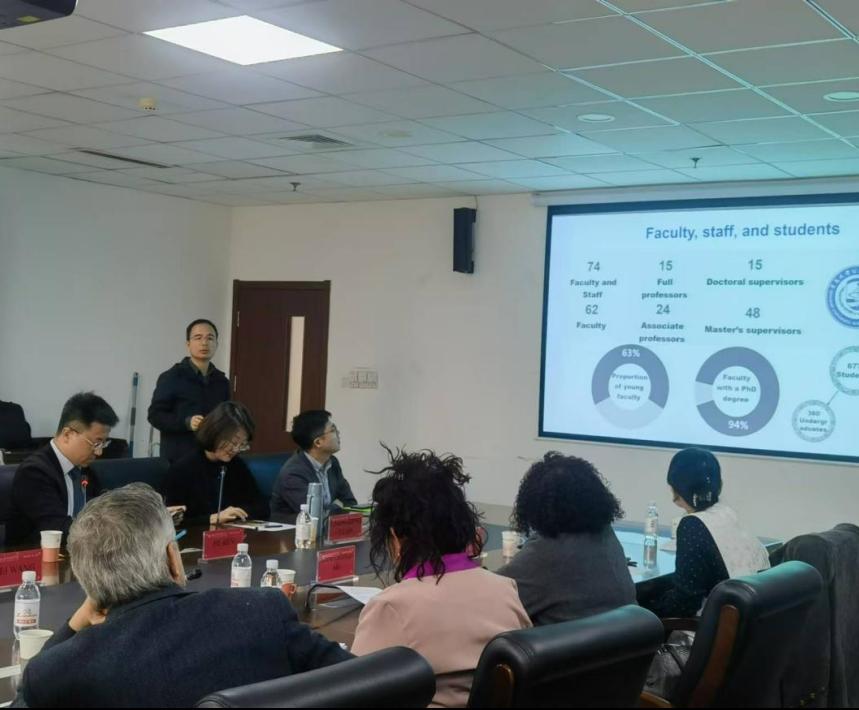

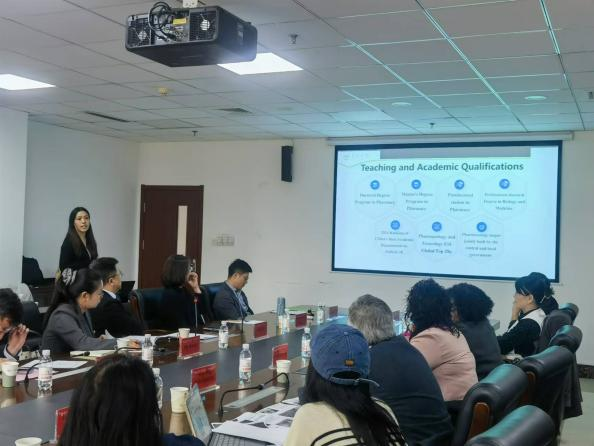
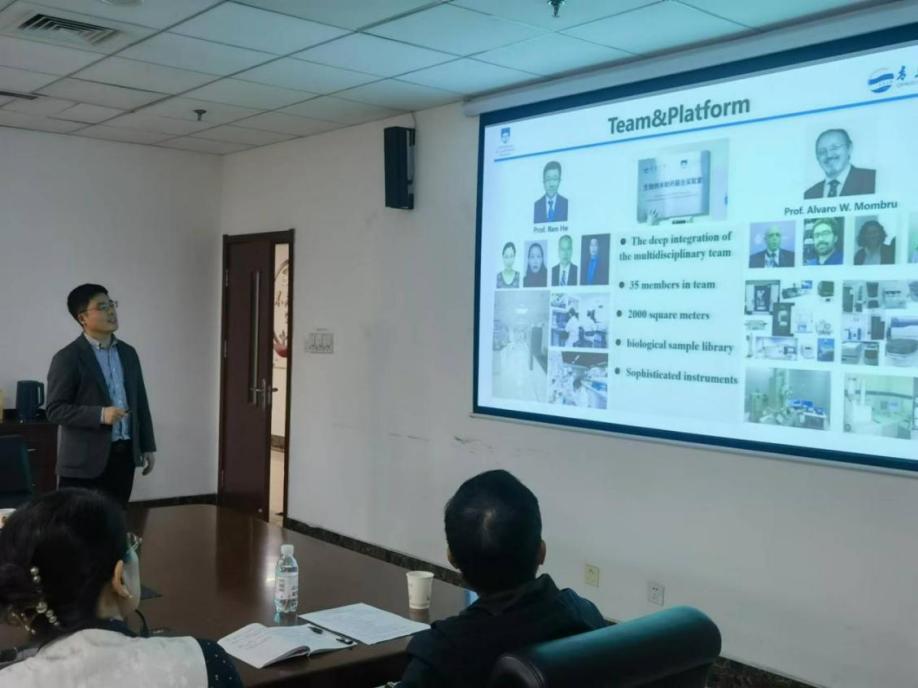
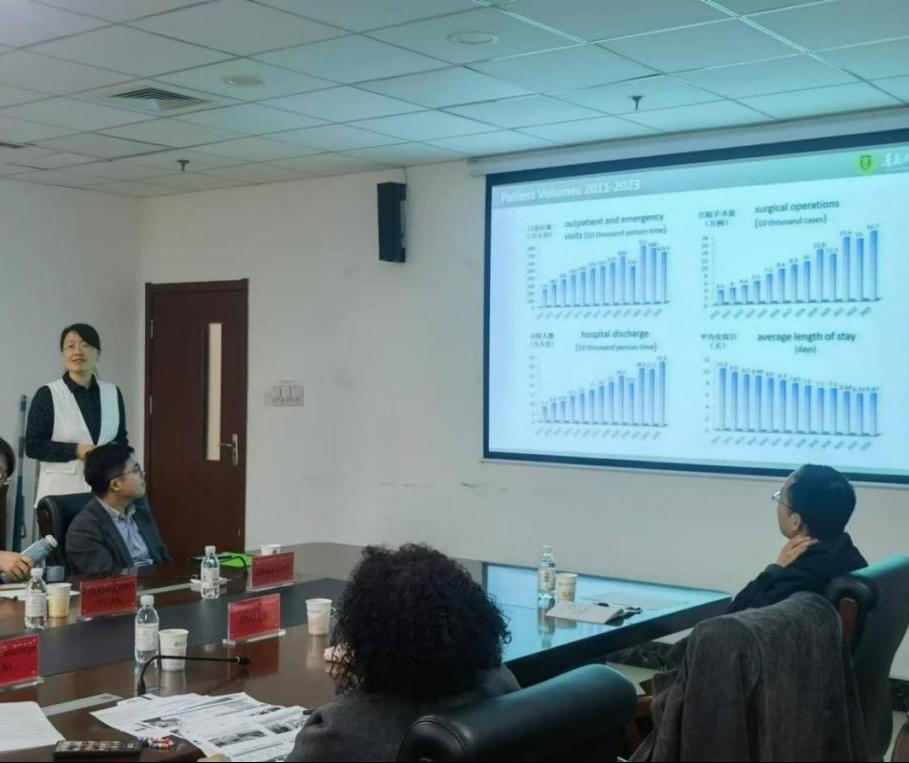
Following these speeches, various units of Qingdao University, including the College of Stomatology,schoolof Pharmacy, School of Public Health, School of Nursing, as well as affiliated hospitals such as Qingdao University Affiliated Hospital and Affiliated Haici Hospital, introduced their respective profiles and international exchange and cooperation activities. A separate progress report was also given on the joint biopharmaceutical nanotechnology laboratory between China and Uruguay.
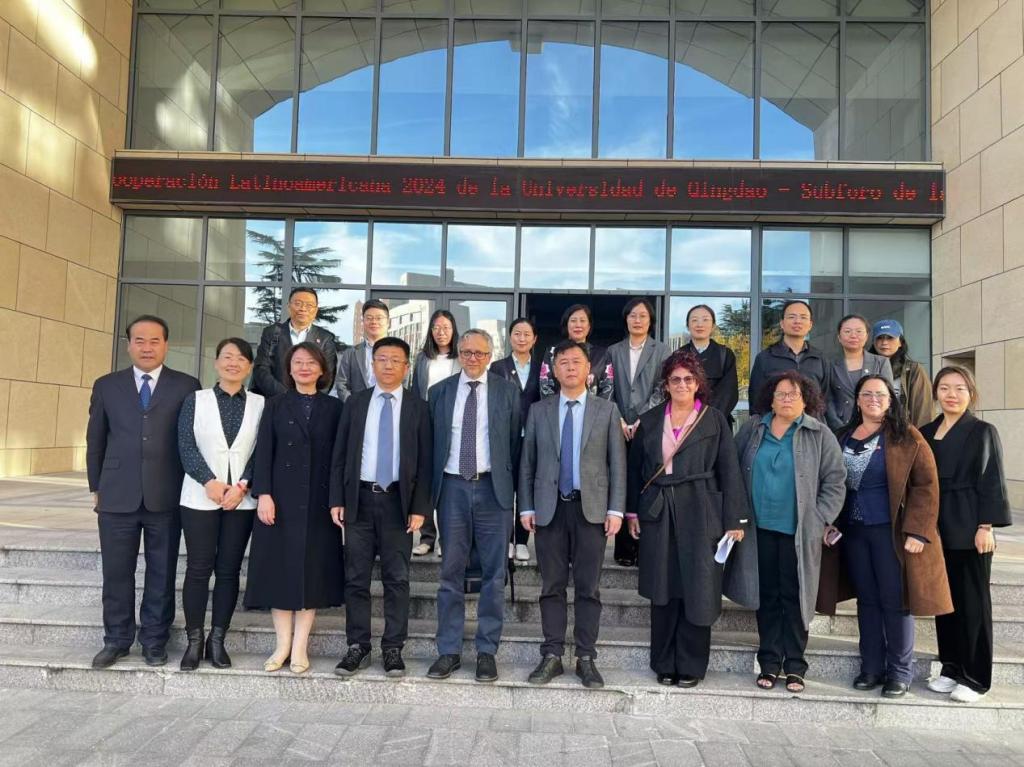
The 2024 Qingdao University Latin American Forum Medical Sub-Forum aimed to promote international academic exchanges and cooperation, building a bridge for collaboration in the field of China-Latin America medical education. All domestic experts presenting at the forum used English as the working language, showcasing the international vision and communication ability of Qingdao Medical University’s research team. Participants engaged in discussions on the trends in medical education and potential collaboration opportunities, laying a solid foundation for future in-depth cooperation. The forum, organized by Qingdao Medical University, not only demonstrated the university’s efforts in international exchanges and cooperation but also provided an important platform for cooperation in Latin American medical education. Qingdao Medical University will continue to focus on promoting international exchanges and cooperation, further advancing the international development of medical education.